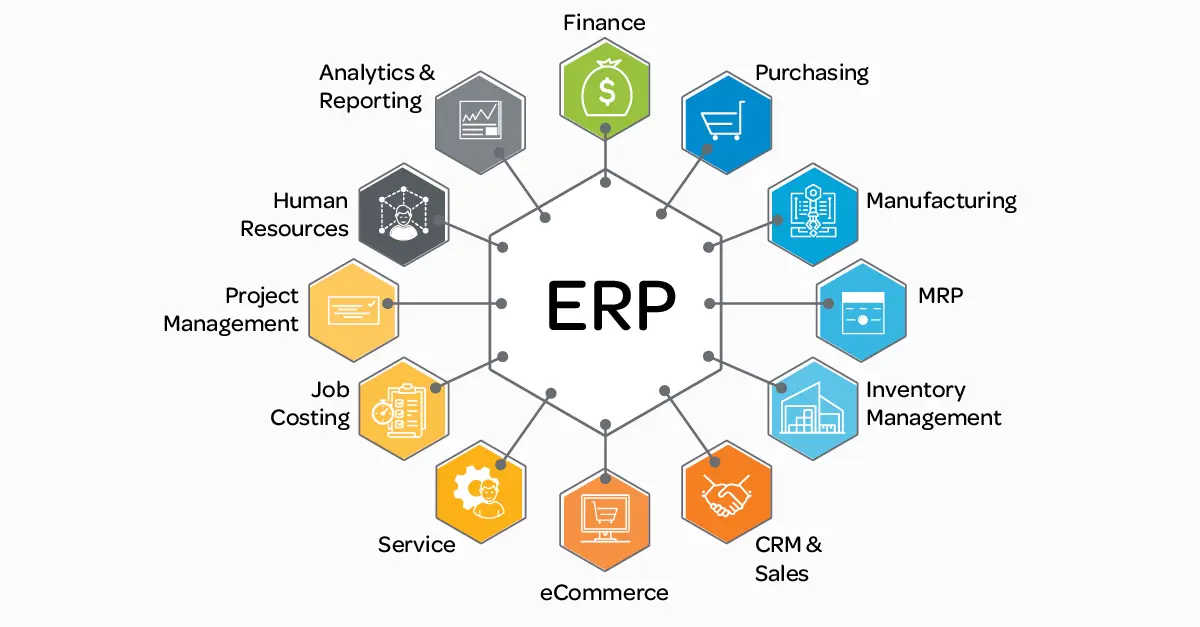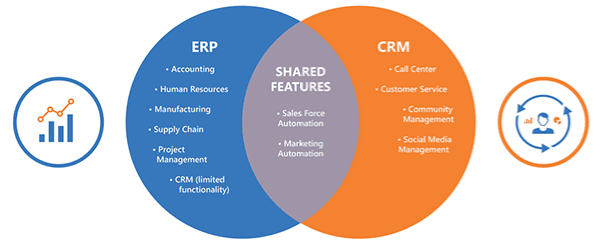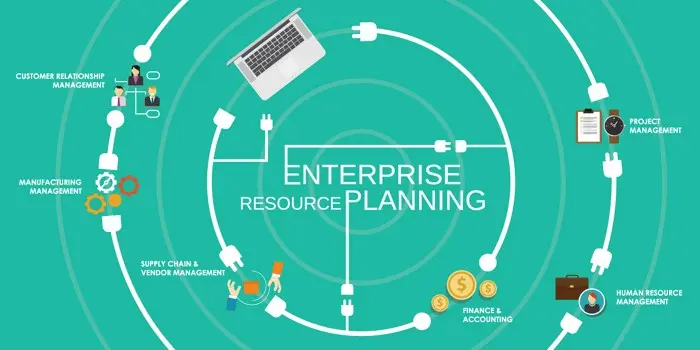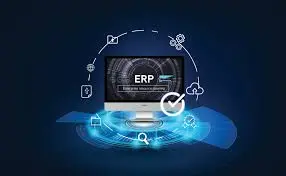Unlocking Growth with Enterprise Software: Key Features That Drive Success
In today’s fast-paced business environment, enterprise software plays a pivotal role in driving growth, efficiency, and scalability. From automating daily tasks to enabling real-time collaboration, the right enterprise software can transform how an organization operates. This article explores the key features of enterprise software that unlock business potential, streamline operations, and foster long-term success.
What is Enterprise Software?
Enterprise software refers to large-scale applications designed to support the needs of a business or organization. These systems are often used across multiple departments or business functions and are built to handle large volumes of data and transactions. Common examples include Enterprise Resource Planning (ERP) systems, Customer Relationship Management (CRM) software, and Supply Chain Management (SCM) solutions.
Key Features of Enterprise Software That Drive Business Success
- ScalabilityOne of the most important features of enterprise software is its ability to scale with the business. As companies grow, their software needs evolve. Enterprise systems are built to expand seamlessly, handling increased data, users, and transactions without compromising performance.Benefits:Supports company growth.Easily accommodates new functionalities or business units.
- Customization and FlexibilityNo two businesses are identical, and enterprise software must adapt to the specific needs of an organization. Customizable modules allow companies to tailor features and functionalities based on their processes and requirements.Benefits:Aligns with unique business operations.Flexibility to modify features as business needs change.
- Integration CapabilitiesEnterprise software is designed to integrate seamlessly with other systems within the organization. This includes accounting software, HR tools, marketing platforms, and more. Integration enables smoother data flow across departments and reduces manual work.Benefits:Real-time data synchronization.Reduced data entry errors.
- Data Analytics and ReportingThe ability to analyze data is a critical feature in enterprise software. Built-in analytics tools provide insights into business operations, sales trends, customer behavior, and financial performance. Real-time reporting allows decision-makers to take immediate action based on the data.Benefits:Informed decision-making.Identifying opportunities for improvement.
- AutomationAutomating repetitive tasks like data entry, order processing, and customer communication can save time and reduce errors. Enterprise software incorporates workflow automation to handle routine tasks, freeing up employees to focus on more strategic activities.Benefits:Increases productivity.Reduces the risk of human error.
- Security FeaturesWith the increasing threat of cyberattacks, security is a top priority in enterprise software. These platforms are equipped with advanced security measures, such as encryption, role-based access control, and multi-factor authentication to protect sensitive business data.Benefits:Protects company and customer data.Reduces the risk of data breaches.
- User-Friendly InterfaceWhile enterprise software often involves complex features, the user interface (UI) should be intuitive and easy to navigate. A clean and well-organized interface reduces the learning curve and ensures high adoption rates among employees.Benefits:Increased user adoption.Shorter onboarding time.
- Collaboration and Communication ToolsEnterprise software facilitates collaboration across teams and departments by offering integrated communication tools like messaging, video conferencing, and file sharing. These tools enable faster decision-making and enhance team productivity.Benefits:Improves teamwork and communication.Supports remote and hybrid work models.
Benefits of Using Enterprise Software for Business Growth
- Enhanced EfficiencyBy automating workflows, streamlining processes, and reducing redundancy, enterprise software boosts operational efficiency, allowing businesses to do more with less.
- Improved Customer ExperienceCRM features within enterprise software help organizations manage customer relationships more effectively. Businesses can track interactions, personalize communication, and resolve issues quickly, leading to better customer satisfaction.
- Cost SavingsAlthough the upfront cost of enterprise software can be significant, the long-term savings from reduced errors, improved resource management, and automated tasks often outweigh the initial investment.
- Better Decision-MakingReal-time data and insights empower managers and executives to make more informed decisions. Analytics tools help organizations forecast trends, measure performance, and respond swiftly to market changes.
Challenges of Implementing Enterprise Software
While the benefits of enterprise software are significant, organizations may face challenges when implementing these solutions, such as:
- High Initial Costs: Many enterprise solutions require substantial upfront investment.
- Complex Integration: Integrating enterprise software with existing systems can be time-consuming and complex.
- Training Requirements: Employees may need training to fully leverage the software’s capabilities.
Best Practices for Implementing Enterprise Software
- Plan for CustomizationDon’t settle for a one-size-fits-all solution. Ensure that the software can be customized to fit your organization’s needs.
- Choose the Right VendorResearch and select a vendor that offers reliable support, regular updates, and a strong reputation in your industry.
- Train EmployeesInvest in comprehensive training programs to ensure that employees can effectively use the software.
- Monitor PerformanceContinuously monitor how the software is performing and address any issues promptly to maximize its impact.
Conclusion
Enterprise software is a powerful tool that can drive significant growth and efficiency in businesses of all sizes. By offering scalability, customization, automation, and robust security features, these solutions empower organizations to streamline operations and make data-driven decisions. When implemented effectively, enterprise software unlocks the potential for business success and helps companies stay ahead in a competitive market.
Ready to unlock the full potential of your business? Invest in the right enterprise software and start driving growth today!
Explore

Top 20 Software Consulting Firms for Startups in 2025

Cloud ERP vs. On-Premise ERP: Which One Is Right for You?

Boost Supply Chain Efficiency with the Right ERP System

Lessons Learned: Success Stories and Challenges in ERP

ERP vs. CRM: Understanding the Key Differences for Your Business

5 Key Steps to Successfully Implement an ERP System

How to Choose the Right ERP System for Small Businesses

Top 10 Best ERP Software Solutions for 2025
